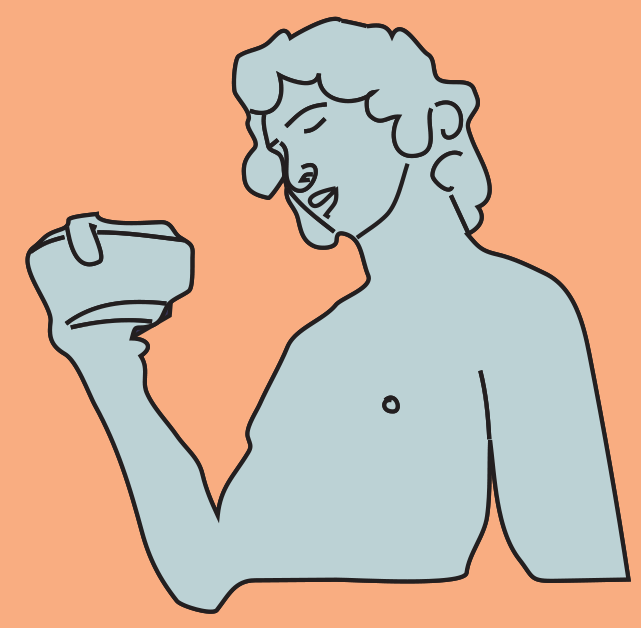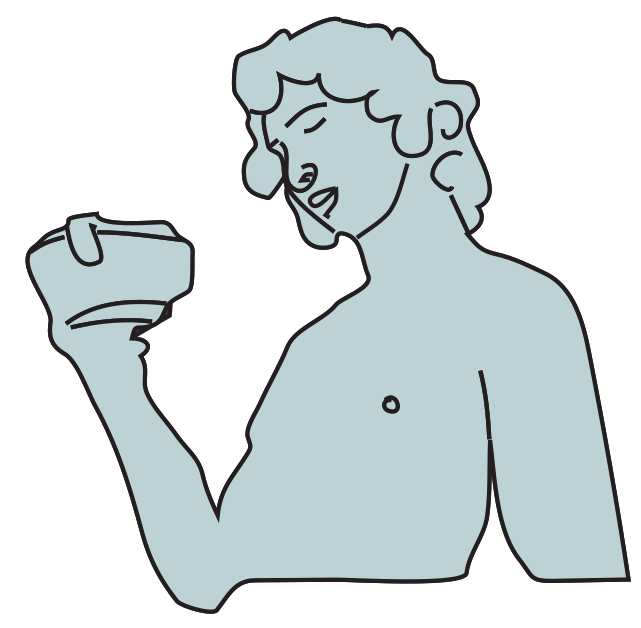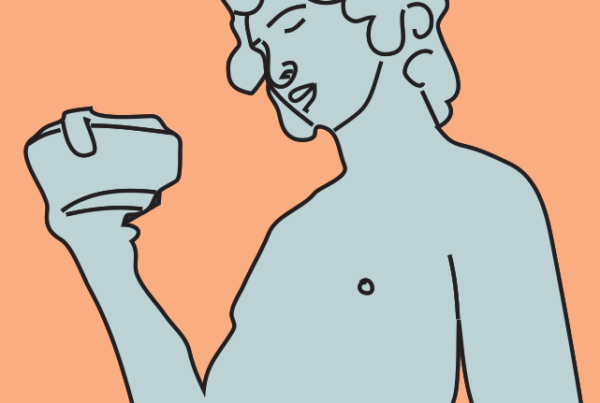

You know the story: You come to the university, and the first lecture is about how your programme is comprehensive and superior to any high school curriculum, and that the university will prepare you for virtually any job that’s in the area of your substantive expertise. Most university staff agree on why this is the case. They say it’s because to be successful, one needs to show critical thinking, the skill that the university purportedly teaches you. Okay – but what is critical thinking?
Critical thinking is usually associated with thinking about alternative explanations or understanding our biases. It’s easy to mistake critical thinking for some form of extreme relativism where anything is deemed possible. In order to distil our definition of critical thinking, we can look at how scientists work, given that they usually brag about being the ones who employ critical thinking in the everyday reality of their work (although there are cases where questionable research practices take over this noble goal of producing highest-quality science). To me, the definition of critical thinking is being open-minded but careful. Ideally, scientists should strive to be as open-minded as possible when considering hypotheses, but as strict as possible when testing them. People who are just outright relativists only do the former – they are just not strict enough about testing – so they fall short of being critical thinkers. Take also the example of people with vaccine hesitancy during covid. Sure enough, they seem to be open-minded with regards to the possibility that vaccines might be harmful for our health However, the open-mindedness usually does not go the other way round once the initial belief into the harm of vaccines has been established, i.e. believing that vaccines are actually very beneficial to us. However, the strictness of hypothesis testing is missing here. How do people with vaccine hesitancy test their beliefs that vaccines are harmful? We can find just reliance on a bunch of fallacies, such as the appeal to authority – for example when a well-known public figure claims that they won’t ever get vaccinated. Indeed, this is no judgement call. After all, being taught to think critically is unfortunately a privilege rather than a right, and it is a skill that requires a lot of resources in order to grow.
However, it seems to me that the concept of evidence-gathering and hypothesis testing in critical thinking suffer from similar problems as intelligence does. Take for example APA’s definition of critical thinking: it is ‘a form of directed, problem-focused thinking in which the individual tests ideas or possible solutions for errors or drawbacks’ (APA, n.d.). There is a certain vagueness with this definition. What exactly constitutes an error or a drawback, and how exactly should they be detected? It is also unclear how the solutions to these drawbacks should be found. The definition of intelligence suffers from the same vagueness. APA’s definition of intelligence, ‘the ability to derive information, learn from experience, adapt to the environment, understand, and correctly utilise thought and reason’ (APA, n.d.), does not tell us exactly how to ‘correctly’ utilise thought and reason, for example. The problem is that our understanding of critical thinking, as well as intelligence, is implicit rather than explicit, which means it’s hard to put into words, and therefore an exact definition is missing.
We all seem to intuitively understand what intelligence or critical thinking is, and that it is a good thinking that we should strive for – an idea which universities endorse quite a lot. But defining it precisely is next to impossible. For now, my advice would be: be open to any claim but accept only claims backed up by the best evidence, such as when different sources of information converge on the conclusion you are seeking. Be open-minded but careful. <<

You know the story: You come to the university, and the first lecture is about how your programme is comprehensive and superior to any high school curriculum, and that the university will prepare you for virtually any job that’s in the area of your substantive expertise. Most university staff agree on why this is the case. They say it’s because to be successful, one needs to show critical thinking, the skill that the university purportedly teaches you. Okay – but what is critical thinking?
Critical thinking is usually associated with thinking about alternative explanations or understanding our biases. It’s easy to mistake critical thinking for some form of extreme relativism where anything is deemed possible. In order to distil our definition of critical thinking, we can look at how scientists work, given that they usually brag about being the ones who employ critical thinking in the everyday reality of their work (although there are cases where questionable research practices take over this noble goal of producing highest-quality science). To me, the definition of critical thinking is being open-minded but careful. Ideally, scientists should strive to be as open-minded as possible when considering hypotheses, but as strict as possible when testing them. People who are just outright relativists only do the former – they are just not strict enough about testing – so they fall short of being critical thinkers. Take also the example of people with vaccine hesitancy during covid. Sure enough, they seem to be open-minded with regards to the possibility that vaccines might be harmful for our health However, the open-mindedness usually does not go the other way round once the initial belief into the harm of vaccines has been established, i.e. believing that vaccines are actually very beneficial to us. However, the strictness of hypothesis testing is missing here. How do people with vaccine hesitancy test their beliefs that vaccines are harmful? We can find just reliance on a bunch of fallacies, such as the appeal to authority – for example when a well-known public figure claims that they won’t ever get vaccinated. Indeed, this is no judgement call. After all, being taught to think critically is unfortunately a privilege rather than a right, and it is a skill that requires a lot of resources in order to grow.
However, it seems to me that the concept of evidence-gathering and hypothesis testing in critical thinking suffer from similar problems as intelligence does. Take for example APA’s definition of critical thinking: it is ‘a form of directed, problem-focused thinking in which the individual tests ideas or possible solutions for errors or drawbacks’ (APA, n.d.). There is a certain vagueness with this definition. What exactly constitutes an error or a drawback, and how exactly should they be detected? It is also unclear how the solutions to these drawbacks should be found. The definition of intelligence suffers from the same vagueness. APA’s definition of intelligence, ‘the ability to derive information, learn from experience, adapt to the environment, understand, and correctly utilise thought and reason’ (APA, n.d.), does not tell us exactly how to ‘correctly’ utilise thought and reason, for example. The problem is that our understanding of critical thinking, as well as intelligence, is implicit rather than explicit, which means it’s hard to put into words, and therefore an exact definition is missing.
We all seem to intuitively understand what intelligence or critical thinking is, and that it is a good thinking that we should strive for – an idea which universities endorse quite a lot. But defining it precisely is next to impossible. For now, my advice would be: be open to any claim but accept only claims backed up by the best evidence, such as when different sources of information converge on the conclusion you are seeking. Be open-minded but careful. <<

